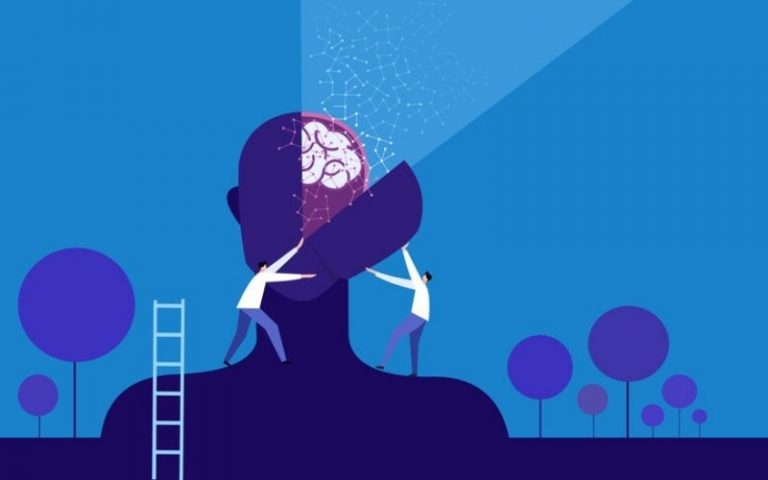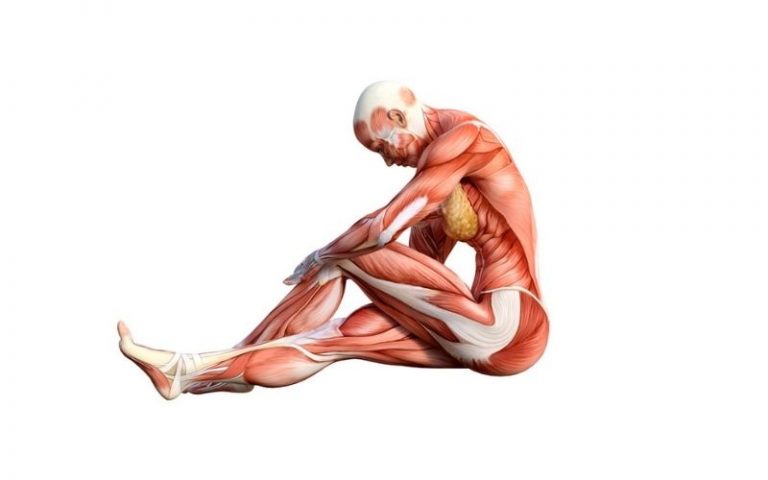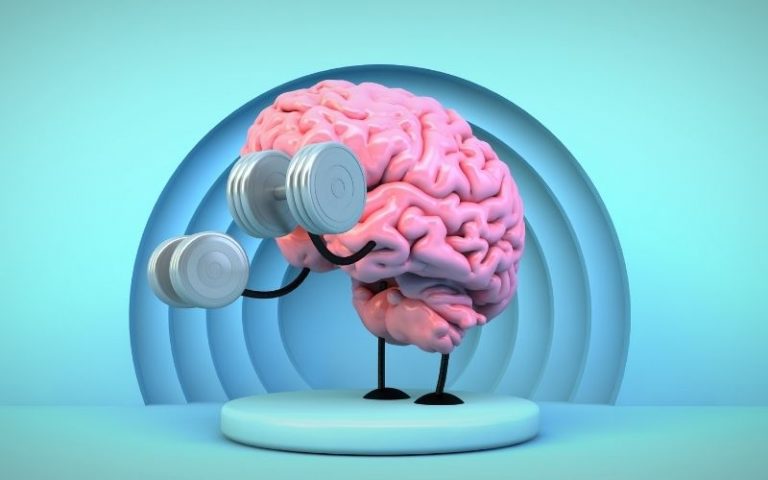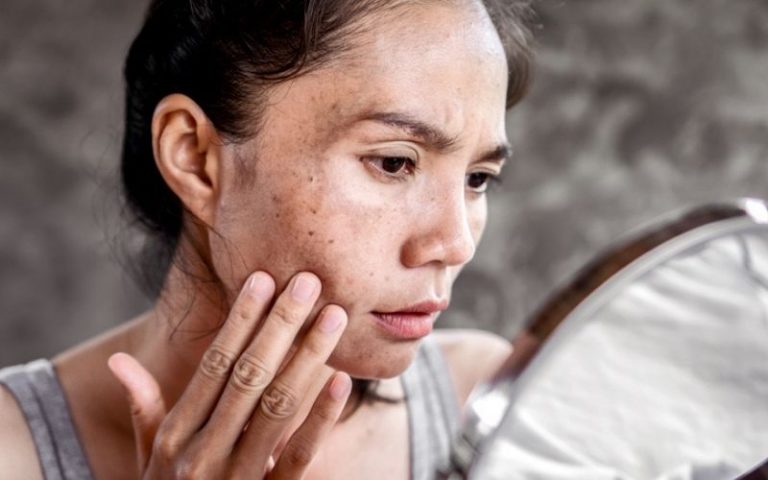How Deep Sleep Completely Rewires Your Brain And Eliminates Anxiety

When anxiety kicks in, typically the last thing you can do is to get into a stage of deep sleep.
Even if you use this unconventional sleep hack.
However, recent studies conclude that this might just be the best thing for you and the cure you’ve been looking for all along!
Below you will find out how you’re able to rewire your anxious brain, get the deep sleep you need, and how by doing just a few simple steps, you’ll be able to give your life the glow up you’ve been looking for!
Understanding Anxiety
Over 40 million Americans (19.1%) have some sort of anxiety disorder according to the National Alliance on Mental Illness.
This number is also increasing within the demographic of children and teens and studies show that most individuals who have anxiety develop symptoms before the age of 21.
Symptoms of anxiety can include being in both the physical and emotional form with all anxiety disorders having a persistent, excessive fear or worry within situations that are not threatening.
Physical symptoms of anxiety can include shortness of breath, a racing heartbeat or mind, sweating, headaches, fatigue, and an upset stomach.
Emotional symptoms of anxiety outside of a persistent, excessive fear or worry typically include restlessness or irritability, feeling of dread or apprehension, anticipating the worst, or feeling tense or jumpy when you otherwise would not.
If you’ve been diagnosed with anxiety or have experienced any of the above symptoms in combination with one another over a lengthy period of time, deep sleep may be just what you need.
What is Deep Sleep?
Deep Sleep is also known as non-rapid eye movement (NREM) slow-wave sleep or delta sleep, which is where your heart rate and blood pressure drop to where you’re able to calm and reset your mind as everything slows down.
While in deep sleep your brain produces serotonin which is able to balance out the chemicals within the brain and allow your anxiety to subside.
While doing this, your brain is also able to rest and repair itself for its day-to-day functions such as decision making, retaining information through your memory, and the regulation of your emotions.
Oh, and did we mention how a spoonful of peanut butter can help you attain this deep sleep?
How To Incorporate Deep Sleep Into Your Routine
One night of deep sleep isn’t going to magically cure your anxiety, but there are steps you can take which will help you build a routine around your sleep to where it can be of a higher quality and you’re able to rewire your anxious brain including:
- Having a set wake up and bedtime, even on the weekends, holidays and after a rough night of sleep or sleeping too much.
- Create an evening routine, to help with having a consistent bedtime. This can include taking a bath, laying your clothes out for the next day or any other tasks that set you up for success or even drinking herbal tea to calm your mind 30 minutes before bed.
- Put your phone down or across the room, when creating your evening routine. The blue lights from our phones, laptops, and television screens prevent the production of melatonin which is the brain’s natural chemical to induce sleep. By removing your phone from around you before be you’re able to naturally produce the melatonin you need to sleep properly.
- Practice gratitude. Ending your day on a positive note by reciting out loud or thinking in your head the 3-5 things that you are grateful for or were grateful for throughout your day is able to ease your mind into sleep while giving it a positive place to focus which shifts it away from anxiety.
- Try not to eat a couple of hours bed. By eating before bed you’re utilizing your digestive system which doesn’t allow for a proper slowdown of the body to where it can reach deep sleep. Try not to eat 2-3 hours before bed whenever possible.
Consistency Is Key
As with any habit, developing a habit that rewires your brain from anxiety through deep sleep is going to take time and consistency.
Start with one of the above suggestions and master it, then add another, until you have a steady habit to fall back on that is in line with your circadian rhythm.
There will be nights you still toss and turn, and there will also be nights where you oversleep your alarm, give yourself grace in these times of setting up your new sleep routine.
Conclusion
Anxiety affects over 40 million Americans, many of whom choose not to seek pharmacueudical help, and rather to turn to a more natural way to decrease their symptoms.
Deep sleep is one of the best ways to reduce your anxiety as it is able to restore our brain’s prefrontal mechanism in regulating our emotions as well as improve cognitive functions overall.
Sources:
https://www.nami.org/About-Mental-Illness/Mental-Health-Conditions/Anxiety-Disorders





